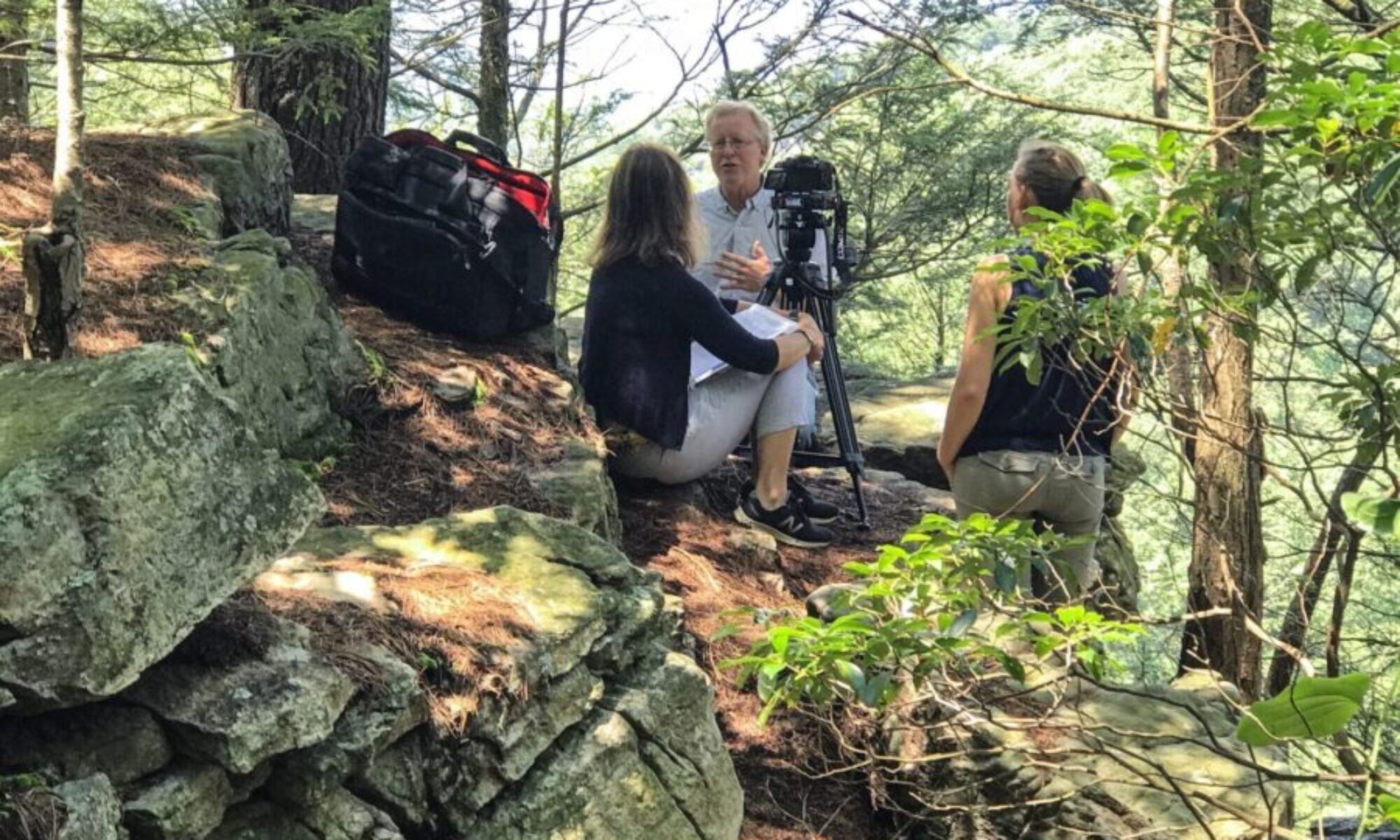Science journalism is in big decline. In 1989, 95 U.S. newspapers had dedicated science sections. Today only a third still do. Science blogging now supersedes traditional reporting.
What does the shift from mainstream media to blogs and agenda-based media mean for society’s ability to address environmental issues? Does it reduce the quality and credibility of information? Or enrich us with a greater multiplicity of voices? To learn more, Momentum asked a science journalist in the mainstream media, along with an online reporter who focuses on the politics of energy and the environment.
Seth Borenstein
Science Writer, The Associated Press
 I don’t see the decline in science writing as bad as other parts of journalism. At AP, we haven’t had cuts that affect science or environment writing at all. But for the public, the changes in media consumption habits means everything is more fractionalized and factionalized. People want to read and view people who agree with them, and they don’t want to see or hear anything that is not part of their worldview. It has always been that way to some extent, but it has gotten easier. If I were a climate change denier and only wanted to listen to Rush Limbaugh, I could have done that 10 years ago. If I were a Greenpeacer who didn’t want to hear the other voices that conflicted with my worldview, I could’ve found my news. With new media, it allows things to echo more on both ends of the spectrum.
I don’t see the decline in science writing as bad as other parts of journalism. At AP, we haven’t had cuts that affect science or environment writing at all. But for the public, the changes in media consumption habits means everything is more fractionalized and factionalized. People want to read and view people who agree with them, and they don’t want to see or hear anything that is not part of their worldview. It has always been that way to some extent, but it has gotten easier. If I were a climate change denier and only wanted to listen to Rush Limbaugh, I could have done that 10 years ago. If I were a Greenpeacer who didn’t want to hear the other voices that conflicted with my worldview, I could’ve found my news. With new media, it allows things to echo more on both ends of the spectrum.
 The AP has a kind of credibility that blogs and agenda media don’t have, but it’s more than that. For my work, I hold a mirror to the world in terms of science, climate change and the environment. I still think people want to read and view that. I have been covering science and the environment for about 20 years, and so we provide the expertise. We are not here to feed one worldview or another.
The AP has a kind of credibility that blogs and agenda media don’t have, but it’s more than that. For my work, I hold a mirror to the world in terms of science, climate change and the environment. I still think people want to read and view that. I have been covering science and the environment for about 20 years, and so we provide the expertise. We are not here to feed one worldview or another.
The shrinkage of the conventional press is neither bad nor good, it just is. If you want to read nothing but agenda-based media, you can do it. But you will be more informed if you read reality-based media. Either way, I don’t think it is the media’s job to have people be more or less engaged with science and the environment. Whether people are engaged should have little to do with media.
Darren Samuelsohn
Senior Energy and Environment Reporter, POLITICO
 While there is definitely a decrease in the number of reporters covering every issue out there, there’s a stable, core group of writers covering environmental issues like climate change. But you have got to want to find it. Energy, climate and environment issues constantly come back into the limelight and get mainstream coverage when things happen, such as blackouts in the West, the oil spill, Hurricane Katrina, 9/11, gas prices shooting up to four bucks, IPCC or Gore’s movie.
While there is definitely a decrease in the number of reporters covering every issue out there, there’s a stable, core group of writers covering environmental issues like climate change. But you have got to want to find it. Energy, climate and environment issues constantly come back into the limelight and get mainstream coverage when things happen, such as blackouts in the West, the oil spill, Hurricane Katrina, 9/11, gas prices shooting up to four bucks, IPCC or Gore’s movie.
Niche publications serve a very important role. There are people out there who demand to use this information all the time, not just when something else brings the issue back into the spotlight. As a reporter specialized in this topic, I cover energy and the environment constantly. I know who to talk to, who to reach out to—and people want to pay for that.
Regarding point of view, absolutely, it’s good to have opinion news out there. There’s a readership that wants writers who think similarly. Some of it is funny and hits a point right on. I read Grist and conservative blogs, trying to see what everyone has to say. I take a lot of it with grain of salt. You can certainly see there is an agenda—either solve global warming or stop policy.
I hasten to say opinionated news media has probably always been that way, with a Democrat newspaper and a Republican newspaper in each city. Now the Internet makes things more available to people you tend to agree with. People are reading, and that is a good thing. If they read a publication like mine, we are trying to call balls and strikes from what I would like to think is the middle.
This story was first published in the Spring 2011 edition of Momentum, a publication of the University of Minnesota’s Institute on the Environment.
